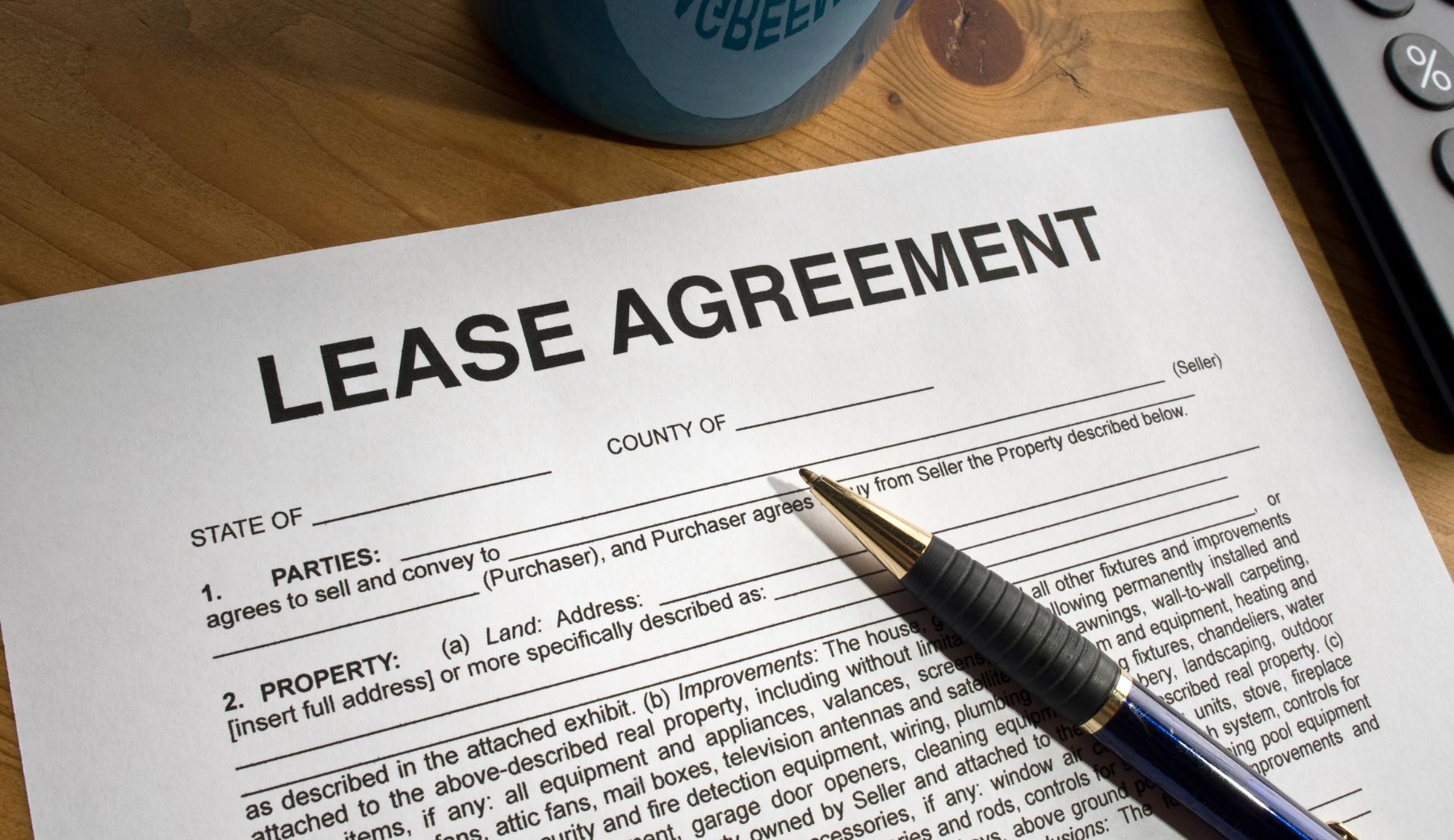
By Anthony Rigney, CBI
When preparing to sell a business, one of the most important—but often overlooked—components is the lease agreement. After all, the majority of small businesses lease rather than own their premises.
📊 In fact, according to the U.S. Small Business Administration, roughly 60%* of small businesses lease their commercial space.
If your business falls into this category, here’s what you need to know about handling the lease when it’s time to sell—and why having an experienced business broker in your corner makes all the difference.
Key Aspects of the Lease to Review
Your broker will begin by reviewing the lease agreement in detail, looking at the following areas:
- Lease Expiration Date & Renewal Options
When does the current term end, and are there renewal or extension options in place? - Annual Rent Increases
Fixed or variable increases can affect future expenses for the buyer. - Type of Lease
Is it a gross lease, modified gross, or triple net (NNN)? In an NNN lease, the tenant covers property taxes, insurance, and common area maintenance (CAM), which adds significantly to the cost. - Restrictions
Are there limits on business hours, signage, or types of services or products that can be offered? - Assignment Clause
How does the lease handle assignment to a new tenant? Does it state that the landlord’s consent “shall not be unreasonably withheld,” or does it give the landlord full discretion? - Assignment Fees & Deposit Handling
Are there administrative fees for lease assignment? Will the deposit be transferred or refunded? These details should be clearly addressed in the purchase agreement. - Lease Approval Timeline
Does the lease specify how long the landlord has to respond to an assignment request? - Tenant vs. Landlord Responsibilities
Understanding who is responsible for repairs, maintenance, and insurance is crucial. - Subleasing
In some cases, subleasing may be an alternative to assignment, particularly if the landlord is hesitant to approve a new tenant.
When to Contact the Landlord
It is usually not advisable to inform the landlord of your intention to sell until you’re well into the process. Premature disclosure can create unnecessary friction and even jeopardize the deal.
As a general rule, I recommend waiting until:
- A purchase agreement is signed
- Due diligence has been completed and approved
- All other contingencies are satisfied
However, if SBA financing is involved, the landlord may need to be contacted sooner. SBA lenders will require:
- A copy of the lease and/or proposed assignment
- Lease term to match or exceed the loan term (typically 10 years—can be met through base term plus options)
- Specific lease language negotiated between the lender’s and landlord’s attorneys
How I Help as Your Business Broker
As your broker, I stay actively involved throughout the process, acting as a liaison between the seller, buyer, lender (if involved), and landlord. I help prepare the buyer with a resume, financial statement, and often a lease application for the landlord.
Depending on how much time remains on the lease, the landlord may either assign the existing lease or draft a new one. I help negotiate terms and manage expectations on both sides.
In rare cases, a landlord may refuse to approve the new tenant, which can kill the deal. That’s why it’s so important to identify red flags and plan strategically from the beginning.
What Happens to the Deposit?
Landlords often transfer the existing security deposit to the new tenant. In this case, the buyer typically reimburses the seller at closing for that amount. All of this should be addressed clearly in the Asset Purchase Agreement.
Final Thoughts
Dealing with a commercial lease during the sale of a business can be complex, but with the right preparation and guidance, it’s a manageable process. Most transactions move smoothly to closing when handled properly.
📌 The key is having an experienced broker by your side who understands the process and knows how to navigate the moving parts.
Need Help Selling Your Business?
If you’re thinking of selling—or just want to understand what your options are—reach out for a confidential consultation.
📞 Call me at 904-990-4509
🌐 Visit Contact
📅 Or schedule a free 30-minute consultation
About the Author
Anthony Rigney is a Certified Business Intermediary (CBI) with over 18 years of experience helping people buy and sell businesses. He has personally closed more than 200 successful transactions.
*2019 report by the National Association of Realtors stated that approximately 60% of small businesses lease their facilities.
